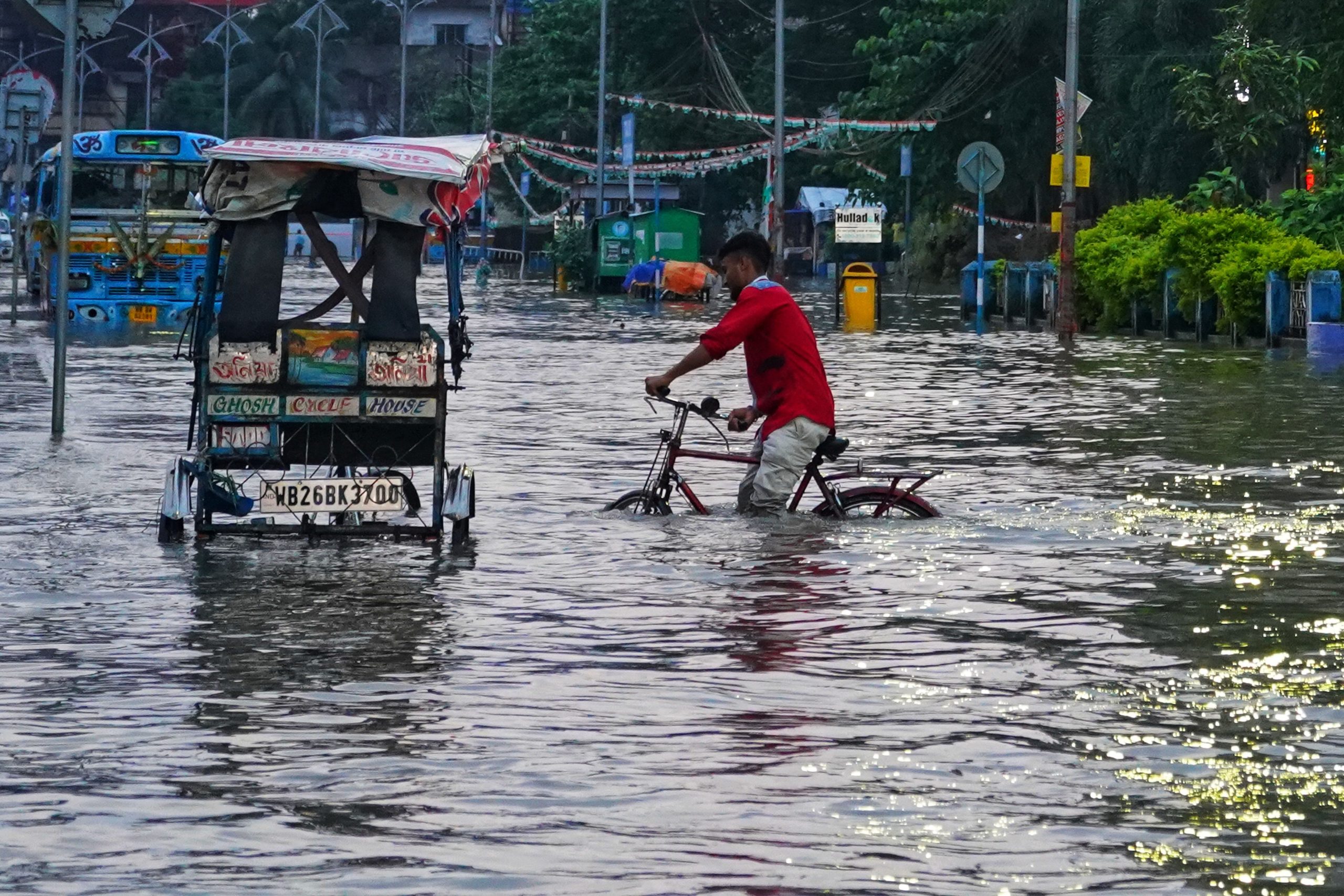
By Dr Niheer Dasandi
Associate Professor in Politics and Development in the International Development Department (IDD), University of Birmingham.
Sunday 3rd December at COP28 in Dubai saw the first ever ‘Health Day’ at the annual UN climate summit. This focus on the health impacts of climate change is long overdue; as the World Health Organisation (WHO) Director-General, Dr Tedros Adhanom Ghebreyesus told delegates at COP28, “the climate crisis is a health crisis, but for too long, health has been a footnote in climate discussions.”
There are several reasons health needs to be at the forefront of climate discussions. A fundamental reason is that climate change is already negatively impacting people’s health around the world in various ways, as the recent report by the Lancet Countdown on Health and Climate Change clearly shows. This includes the harmful effects of exposure to rising temperatures and heatwaves, which can be particularly life-threatening for adults over 65 years and infants younger than 1. It also severely affects the health of workers who spend long periods of time outdoors – such as migrant workers in Dubai as Human Rights Watch has documented. The climate crisis is also putting more populations at risk of life-threatening infectious diseases, such as dengue, malaria, vibriosis, and West Nile virus. It is also jeopardising water security and food security – which is reversing the progress on malnutrition around the world. Countries around the world are experiencing more frequent and severe extreme weather events due to the climate crisis, which is taking a huge toll on people’s physical and mental health. This can be seen with recent wildfires in Canada and Australia, with recent floods in Pakistan and China, and droughts in Somalia and Angola.
Therefore, a focus on health emphasises the point that climate inaction is costing lives today – and crucially that it is having a disproportionate impact on the health of people living in the poorest countries around the world, who have the least resources to address these impacts, and are least responsible for the greenhouse gas emissions that have created the climate crisis.
Putting health at the forefront of climate discussions will help ensure that governments respond to the climate crisis with policies that are especially important for protecting people’s health. This includes adaptation measures such as the implementation of climate-informed health surveillance, early warning and response systems for key health risks, and developing climate-resilient health systems. It includes ensuring there are adequate resources and support for low- and middle-income countries to protect the health of their populations – which requires richer nations to actually deliver on their promise to provide adequate climate finance to poorer countries. It also includes climate mitigation – specifically phasing out CO2-emitting fossil fuels to protect people’s health.
A focus on health is also important because it provides opportunities for climate action. This is because actions that reduce greenhouse gas emissions come with a range of additional health benefits. It can lead to lower air pollution levels in cities globally, reducing the burden of disease from stroke, heart disease, and respiratory diseases – and preventing millions of premature deaths each year. Encouraging a shift towards low carbon plant-based diets will not only significantly reduce greenhouse gas emissions from the agricultural sector, as Sir David Attenborough recently explained on Planet Earth III – it will also reduce the 1.9 million excess deaths associated with excessive consumption of dairy and red meat. Similarly, encouraging a shift away from motor vehicle use to more active travel such as cycling, will reduce transport-related emissions and provide mental and physical health benefits for communities.
Beyond these co-benefits, an emphasis on the health dimensions of climate change is important because there is growing evidence that a health framing of climate change can increase public support for climate action. It also empowers health professionals, such as doctors and nurses, to speak out about the climate crisis – which is particularly important as recent evidence suggests the public trusts health professionals as a source of information about climate change.
The importance of putting health at the forefront of climate discussions can be seen from COP28 in Dubai. Ahead of the ‘Health Day’, delegates at COP28 from more than 120 countries signed onto a new Climate and Health Declaration, which covers a range of action areas. This includes building more climate-resilient health systems, strengthening cross-sectoral collaboration to reduce emissions, maximising the health benefits of climate action, and increasing finance for climate and health solutions. Yet, it is important that this be seen as a very small step in the right direction. It is crucial that this year’s ‘Health Day’ is not a one-off event, but moving forward health is put at the front and centre of climate discussions and action.
- Find out more about Dr Niheer Dasandi
- Back to Social Sciences Birmingham
The views and opinions expressed in this article are those of the author and do not necessarily reflect the official policy or position of the University of Birmingham.
